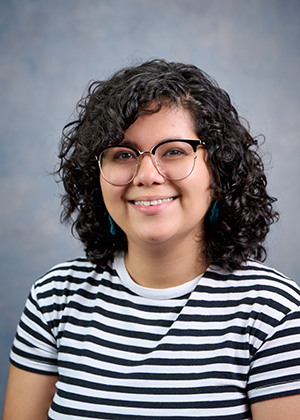Our Robotics Afterschool Program (RAP) prepares students for competitions while enhancing their learning experiences and developing skills in technology, teamwork, problem-solving, and critical thinking. Members of our Robotics Team participate in various national and international events as school leaders and representatives of high-quality robotics education, while gaining experiences that prepare them for the future by acquiring 21st-century skills.
3-5: At this level, the students’ learning focuses on the fundamentals of robotics in word blocks coding, including how to use inputs (sensors: color, ultrasonic, force, gyroscope), outputs (motor, sound, display), as well as how to control the robot based on environmental situations.
The students are expected to compete in what is known as the Varsity Robotics Team. However, in the case of newcomers, they are required to complete a learning cycle before engaging in competitions.
K-2: This level is exploratory and is designed for students to learn the basics of robotics while developing teamwork skills. Students will differentiate building parts such as beams, axles, and gears. Additionally, they will become familiar with color sensors and program basic movements. Activities focus on hands-on building and collaboration, laying a strong foundation in problem-solving and creative thinking. This level does not compete yet.
At the advanced level, students deepen their understanding of robotics by reinforcing the use of inputs and outputs while developing advanced programming skills such as functions, loops, conditionals, events, lists, and variables. They have the opportunity to program using Python (Spike Prime technology) or opt for C++ (MATRIX technology), gaining valuable experience with real-world coding languages and hardware. This stage is dedicated entirely to competitions, with all activities focused on preparing for and participating in competitive events. Students build advanced engineering and programming skills, tackle open-ended challenges, and manage multi-stage projects. The emphasis is placed on collaboration, leadership, and technical communication, as students document their processes, present solutions, and justify their design choices. Coachability remains essential, as students continue to learn from feedback and peer support.
The World Robot Olympiad (WRO) is an international robotics competition for students aged 8 to 19, designed to build creativity, design, and problem-solving skills in STEM through team-based challenges. Even though the WRO includes other categories such as Robot Sports, Future Engineers, and Future Innovators, Nicaragua focuses especially on Robo Missions to encourage local innovation and technical growth.
AASCA hosts yearly competitions for American Schools of Central America, offering a strong platform for robotics and STEM skills development. Schools participate in First Lego League (FLL) robotics challenges. The AASCA-organized event is well-organized with clear rules aligned to the FLL competition, where students complete a robotics challenge, create an Innovation Project related to the theme provided, and present it along with their Robot Design to a team of judges.
The Tigerbot Championship at ANS is a robotics competition designed to foster learning, teamwork, and creativity among students. In addition to promoting a positive atmosphere, this event serves as key preparation for the World Robot Olympiad (WRO), allowing teams to practice and refine their skills on challenges similar to those in the international competition. This is a competition where ANS serves as host for other competing schools that register to be part of the event.

Robotics Coach
christie.reyes@ans.edu.ni